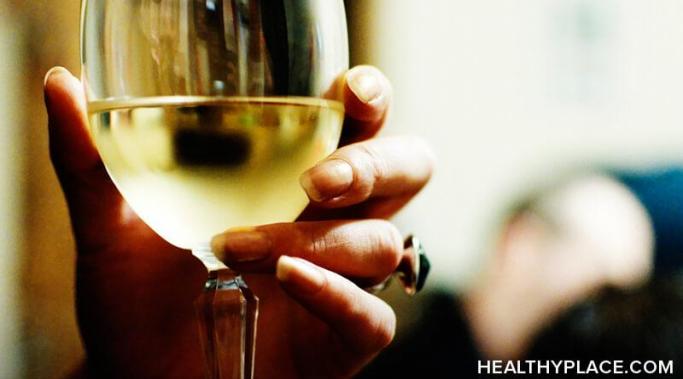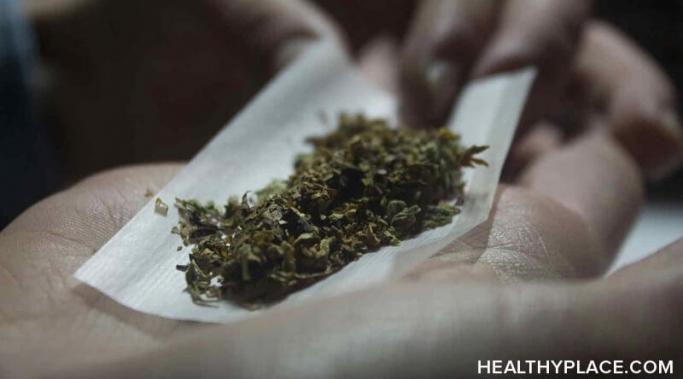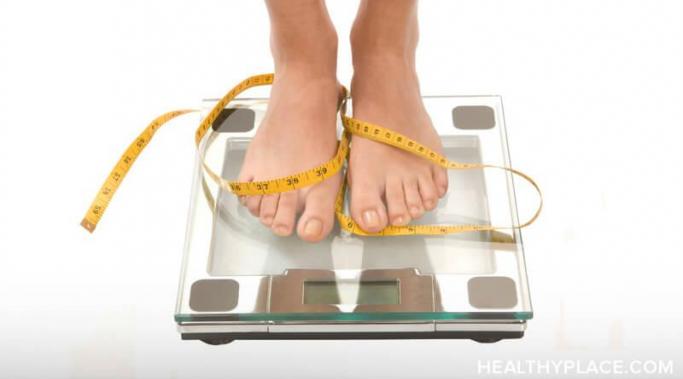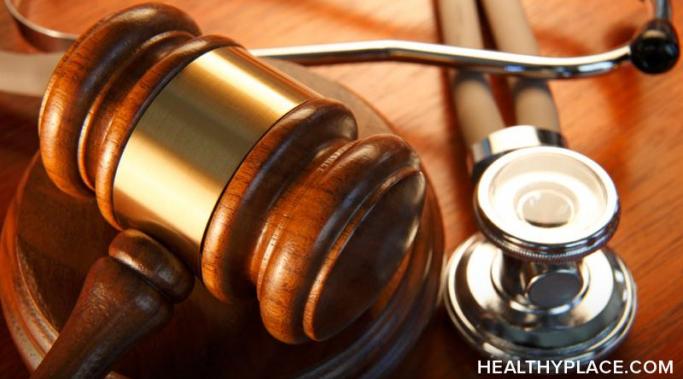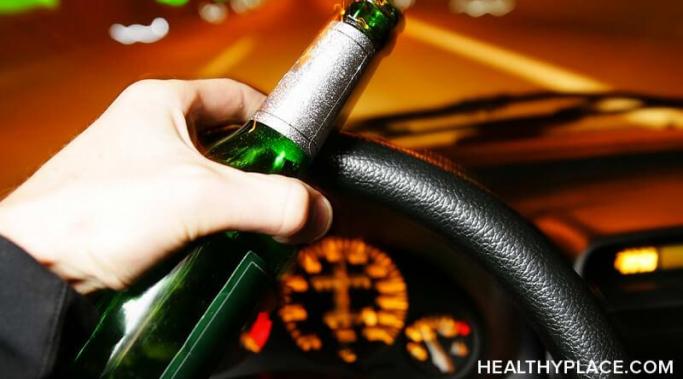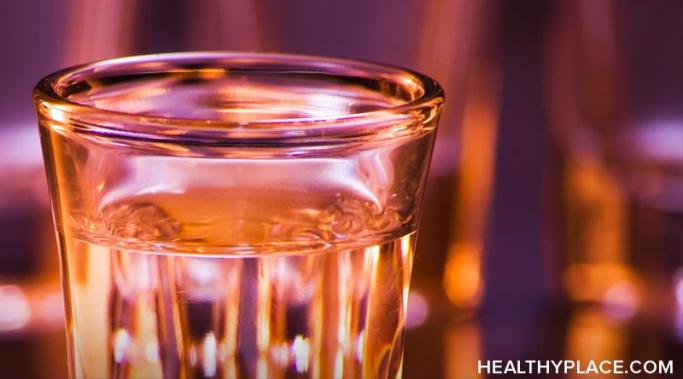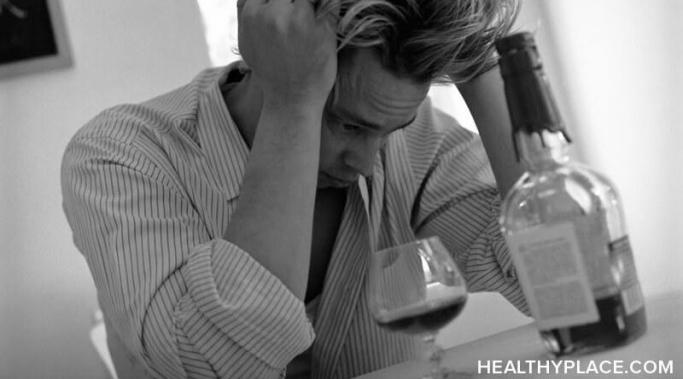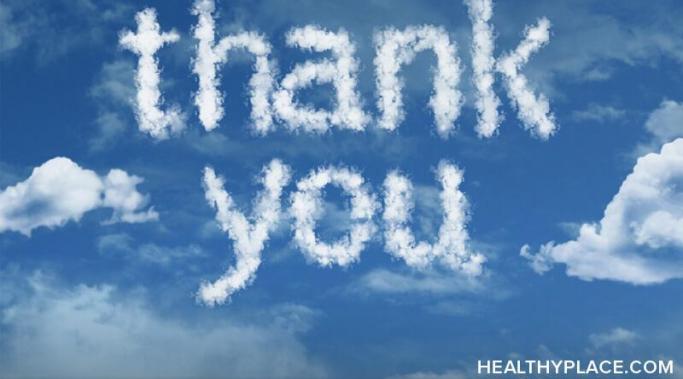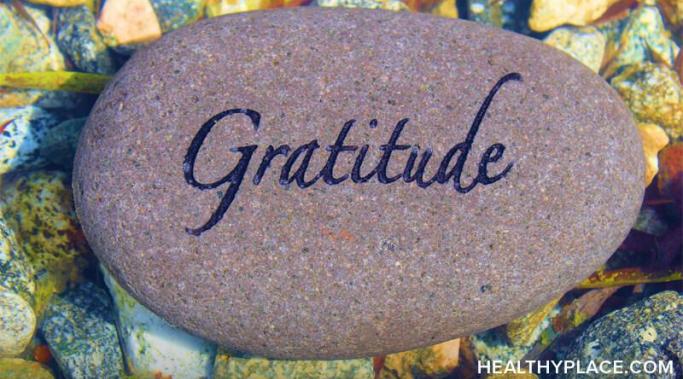The media's portrayal of alcohol addiction hurts people. Last week there was an article on the front page of my local newspaper about a man who was publicly intoxicated. The paper printed his name, hometown, and mugshot for everyone to see. This story was the talk of the tiny, touristy town where I live. Everyone thought it was acceptable to mock this man who struggles with alcohol. After this media portrayal of alcohol addiction and the ensuing jokes, I found myself in a triggered tailspin.
Debunking Addiction
A few weeks ago, I told my therapist that I would not have been able to get sober without using cannabis. She chuckled, gave me a funny look, and asked if I thought cannabis use equaled sobriety. Caught off guard, I couldn't help but wonder if she had a point. Were my years of sobriety erased? Did I need to go back to day one? Can I use cannabis and still call myself sober?
Recently, I have noticed a disturbing diet-talk trend whenever I am with a group of women. Last week, for example, someone at my job said they eat less than 1000 calories while dieting. Another is preparing for her upcoming wedding by eliminating all carbohydrates. Constantly, I hear things like, "I'm trying to be good, so I'm not eating sugar," or "I was so bad last night because I ate ice cream."
In 1999, when I was in fifth grade, a police officer came to our school dressed in a Drug Abuse Resistance Education (D.A.R.E.) t-shirt. He was carrying a gun and wearing a stern face. Without any words, he communicated that using drugs led to extreme consequences. His lecture taught us that drug addicts deserve to be locked up. But criminalizing addiction turned out to be more hurtful than helpful.
Eleven years ago, I got arrested for my first driving under the influence (DUI) charge. Long before that original DUI arrest, I knew I had a problem with alcohol. I knew that blackout drinking a few nights a week was not healthy. But I never spoke up or asked for help because I was terrified of being labeled an alcoholic. Facing the truth meant I would be diagnosed with alcoholism, an incurable, highly stigmatized disease.
One of the most challenging parts of being in recovery for alcohol use disorder (AUD) is dealing with society's normalization of alcohol, a deadly drug. Alcohol is everywhere. Some days, triggering situations come at me more quickly than I can process them. Some days, I want to crawl into bed, pull the covers over my head, and stay there forever because that feels like the only safe place in this alcohol-obsessed culture.
Last week my coworker said she believes addiction is a choice. Her exact words were, "At the end of the day, each person always has the choice to pick up or put down drugs." In response to her comment, I had a full-body, physical reaction. My armpits got sweaty, my heart rate skyrocketed, my shoulders tensed, my jaw tightened, and my neck broke out in red blotchy hives.
My name is Kelsi Cronkright, and I am thrilled to join the "Debunking Addiction" blog at HealthyPlace. My history with addiction is extensive. As a highly sensitive, neurodivergent human, the demands of our capitalistic and heteronormative society have always felt overwhelming. About 20 years ago, when I was a freshman in high school, I began struggling with an eating disorder to gain a (false) sense of control. When I went to college, alcohol and other drugs were added to the mix, and my life quickly spiraled out of control.
Writing has always been a healthy outlet for me to process and express my feelings. I have been writing since I was a young girl, and it has helped me through some of the darkest periods in my life. Throughout my time writing for HealthyPlace, I have had some incredible personal breakthroughs and have been able to connect with many others who battle similar demons. However, my path has taken me in a different direction, and I am saying a final goodbye to my readers within the "Debunking Addiction" blog.
While drinking has been a part of the majority of my life, so have anxiety and depression. I went from sneaking alcohol on the weekends to week-long binge drinking benders. It was a cycle that progressively got worse, and the more I drank, the worse I felt. I would have pity parties and drown in my sorrows and regrets without realizing how damaging this cycle had become. Eventually, the crippling anxiety and symptoms of depression felt so unbearable that I was desperate to try something new. When I decided to start working on healing myself through journaling, therapy, meditation, reading self-help books, etc., I began feeling so grateful for my path and my life. I want to share this to help others in addiction recovery shift their perspective from self-hatred and sadness to gratitude and abundance.
